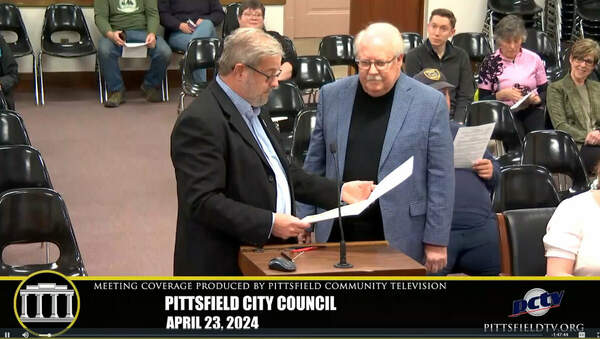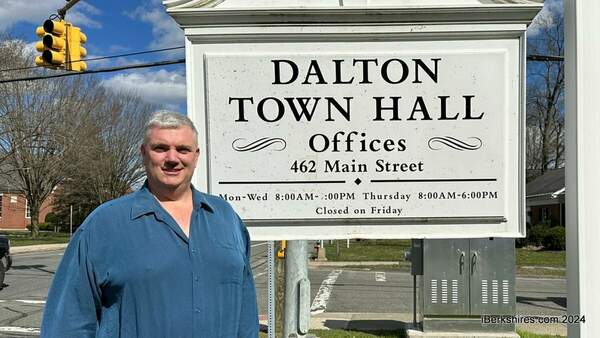Guest Column: Investing In Workforce Will Speed Economic Recovery
 |
There is significant discussion about developing a jobs bill in the four months remaining in the legislative session. Senate President Murray, House Speaker DeLeo, Governor Patrick, legislators, the business community, organized labor, work-force boards and community groups should come together to craft a legislative package that invests in a key competitive advantage and focuses on putting people back to work.
There were still 258,000 unemployed people in Massachusetts in February and another 200,000 who are underemployed.
We need to do whatever we can to create jobs to help our economy grow while addressing the need for up-to-date technical training and credentials, particularly for "middle skills." Some industries are reporting a skills mismatch in filling vacancies, which makes it hard for them to expand in new markets or fulfill production orders.
Middle-skills jobs are defined as those needing less than a college degree and more than a high school degree. These skills can come from a community college degree, certificate programs for specific jobs that are often offered by community colleges, or apprentice training opportunities like advanced manufacturing jobs.
The state's new economic development strategy, developed by a broad coalition of leaders from throughout the state, calls for advancing education and work-force development for middle-skill jobs through greater coordination of education, economic development, and work-force development programs.
We should invest in things that have a proven track record. The Workforce Competitiveness Trust Fund, which was funded in the jobs bill of 2006, provided 34 training partnerships across the state that trained over 7,000 people. Each partnership involved employers who needed these trained workers, a community college, job training providers, and in many cases also labor unions and vocational schools.
The state should re-capitalize the Workforce Competitiveness Trust Fund with an infusion of $20 million. This funding leverages private investment from employers and strengthens our work force.
Community colleges can be helped to further fulfill their missions with incentives to be part of these sectoral training programs. Additionally, creating incentives and standards for use of future gambling casino proceeds that are allocated to community colleges can be real opportunities for these institutions and residents who desperately need and want training and education.
People need jobs and better paying ones. Some employers have job openings, but cannot find qualified workers. Let's meet this gap by funding this targeted training that employers want and residents need.
Investing in our work-force will speed our economic recovery. This is the perfect time to pass a targeted jobs bill that invests in people and helps them get back to work.
Albert A. Ingegni III is executive director of Kimball Farms and president of the Berkshire County Regional Employment Board. Brian Morrison is president of the Berkshire Central Labor Council and a BCREB board member.
Tags: jobs, labor, work-force development,















